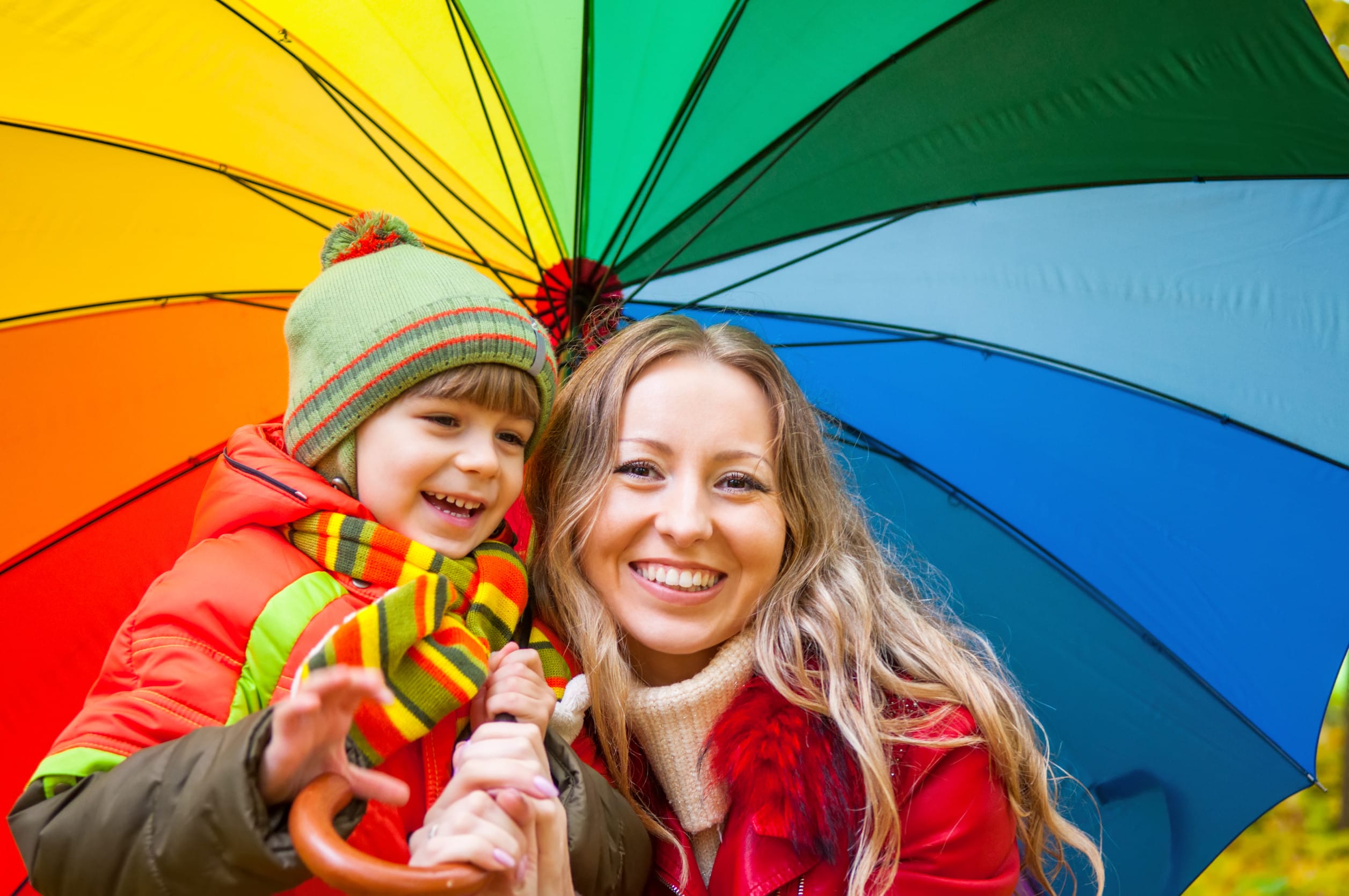Caring for Kids: 6 Major Roles Every Guardian Should Be Ready to Handle

Stepping into the role of guardian isn’t just about keeping a child safe and fed—it’s about showing up in all the ways that truly shape a young life. Whether you’re a grandparent, foster parent, or family friend stepping in, caring for kids comes with an enormous amount of responsibility. It means wearing many hats, often all in the same day, and being prepared for both the expected and the unexpected. While no one is perfect, knowing the key roles every guardian should be ready to take on can make all the difference. These six areas of care are the foundation for helping a child thrive, both now and in the future.
1. The Emotional Anchor
Children need someone who can help them feel safe, supported, and emotionally grounded, especially when life gets rocky. As a guardian, being that steady emotional anchor means showing up consistently, listening without judgment, and offering reassurance during tough moments. It’s about recognizing that tantrums, withdrawal, or anxiety often stem from deeper needs or past disruptions. A calm presence and open communication can teach kids that emotions are okay and that they’re never alone. Caring for kids emotionally is as essential as putting food on the table.
2. The Educational Advocate
School plays a huge part in a child’s development, and guardians must be ready to champion their educational needs. That includes everything from helping with homework to attending parent-teacher conferences and understanding IEPs or 504 plans if applicable. Being engaged shows your child that learning matters and that they have someone in their corner. If they struggle in class or need extra support, it’s your role to speak up and seek resources. Caring for kids means making sure their education sets them up for long-term success.
3. The Health Manager
From yearly checkups to scraped knees and surprise fevers, managing a child’s health is no small task. Guardians must schedule appointments, keep vaccination records, and ensure children get proper nutrition, rest, and physical activity. It’s also about noticing emotional or behavioral changes that could point to deeper issues. You’ll need to make decisions about medical care, medications, and mental health support. Caring for kids includes being proactive with their wellness—not just reacting when things go wrong.
4. The Financial Provider
Providing for a child’s needs requires careful budgeting, whether you’re covering the basics or planning for long-term expenses. Guardians must think beyond daily needs and consider things like clothes, school supplies, extracurricular fees, and future savings. Understanding benefits that may be available to you as a guardian, such as tax credits or local assistance programs, can be a huge help. Financial planning doesn’t mean you need to be wealthy—it means you need to be prepared. Caring for kids includes creating stability, even when money is tight.
5. The Boundary Setter
Discipline isn’t about punishment—it’s about setting clear, age-appropriate expectations and guiding kids toward better choices. Every child needs boundaries to feel secure and to learn how to function in the world. This means being consistent, fair, and willing to enforce rules even when it’s hard. It also means modeling the values you want to see, like honesty, respect, and kindness. Caring for kids means guiding them through mistakes with love, structure, and accountability.
6. The Lifelong Encourager
One of the most lasting gifts a guardian can offer is belief in a child’s potential. Kids flourish when they know someone sees their strengths and is cheering them on, even when they stumble. Celebrate their wins, encourage their dreams, and remind them that failure is part of learning. Whether they want to be an astronaut or a zookeeper, they need someone who truly believes they can get there. Caring for kids means helping them build confidence that will carry them through life.
Being Their Safe Place in a Big World
Caring for kids goes far beyond meeting their basic needs. It’s about being a protector, a guide, a comforter, and a cheerleader—all rolled into one. It means embracing the messy moments and showing up with love, patience, and purpose, even when the road is hard. The impact of a caring guardian doesn’t just last through childhood—it echoes into adulthood and beyond. If you’re doing the work, even imperfectly, you’re already making a difference that matters more than you know.
What role have you found the most challenging—or most rewarding—as a guardian? Share your insights in the comments!
Read More:
10 Strange Behaviors That Could Flag You As “Unfit” for Guardianship
Learn From Experts: 11 Parenting Lessons from Child Psychologists
